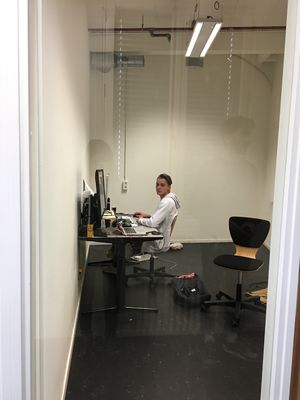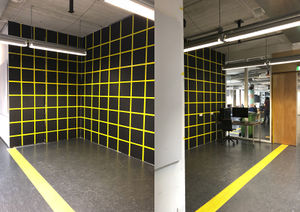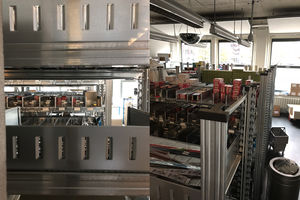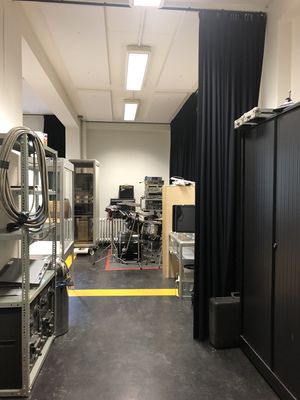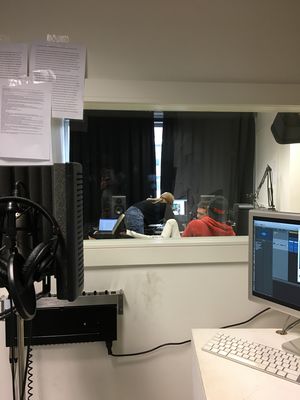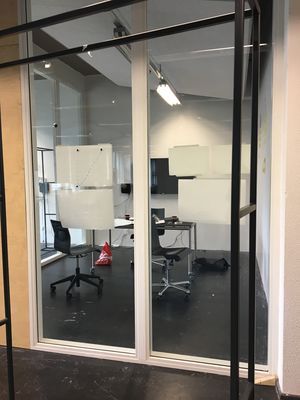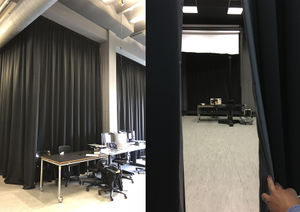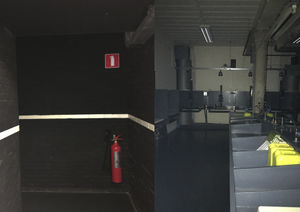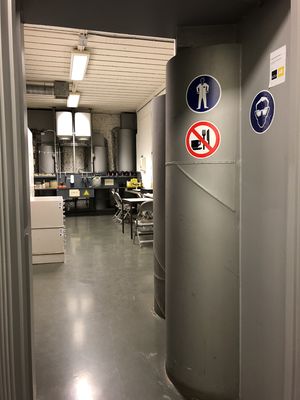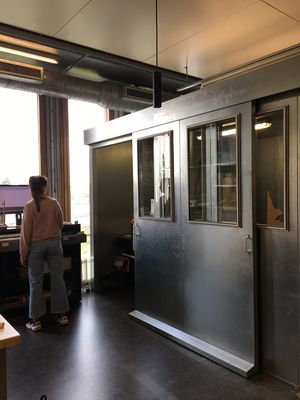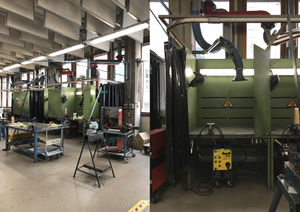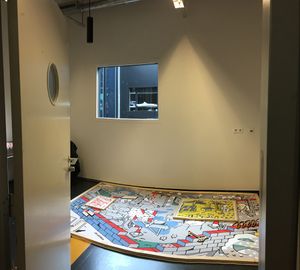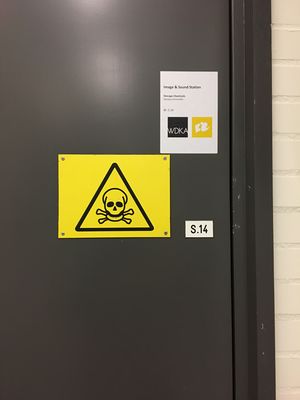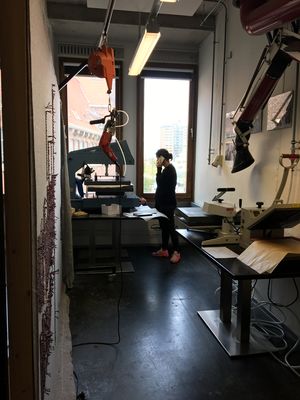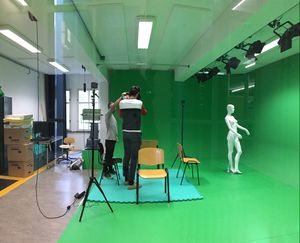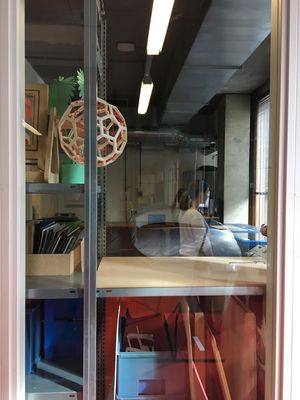Paloma & Pedro: Difference between revisions
Zpalomagar (talk | contribs) No edit summary |
No edit summary |
||
| Line 9: | Line 9: | ||
<br> | <br> | ||
<br> | <br> | ||
<div style="float: left;"> | |||
[[File:WORKSPACE.jpeg|thumb|left|Individual enclose workspace]] | [[File:WORKSPACE.jpeg|thumb|left|Individual enclose workspace]] | ||
| Line 42: | Line 43: | ||
[[File:PP_3D PRINTING.jpeg|frameless|left]] | [[File:PP_3D PRINTING.jpeg|frameless|left]] | ||
</div> | |||
Revision as of 14:42, 2 October 2018
HIDDEN SPACES
In our pictures, we wanted to portrait the spaces that are physically separated from the open space concept that the school is. These spaces provide specific tools inside each of the stations where they are located. They often offer different kinds of technologies, encouraging students to work in small groups or even alone. You can find rooms with only one table and a chair, this will obviously influence how students are able to use them and how they are inhabited.
It is also interesting to figure out that these spaces are found in both Wdka buildings and that are also sometimes situated in less frequented spaces, with difficult access and we may even consider them as almost hidden places. We are not sure if it might be to create some sort of private environment where noise doesn’t create a distraction or if it is because of physical demands, for example, the height of the ceiling that differs and that may be useful to consider while conceiving a photography studio.
We may also find in some of these spaces pictograms that point to some kind of dangerous situations and that require specific skills for one to use them. Those signs are often used in physical separations as in walls, doors, but we find them also as a psychological separation working to discourage those who are not comfortable with this environments not to enter.

